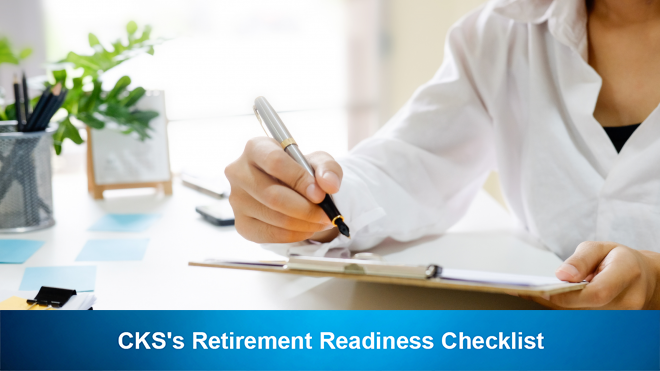How do you know when you’re ready to retire? Preparing for retirement is about more than just money. To help you plan, here’s CKS Summit Group’s comprehensive 9-step retirement readiness checklist.
When you’re mulling over your retirement readiness there’s more to consider than your current retirement savings. Determining if you’re on track to retire can be more manageable if you break it into smaller steps.

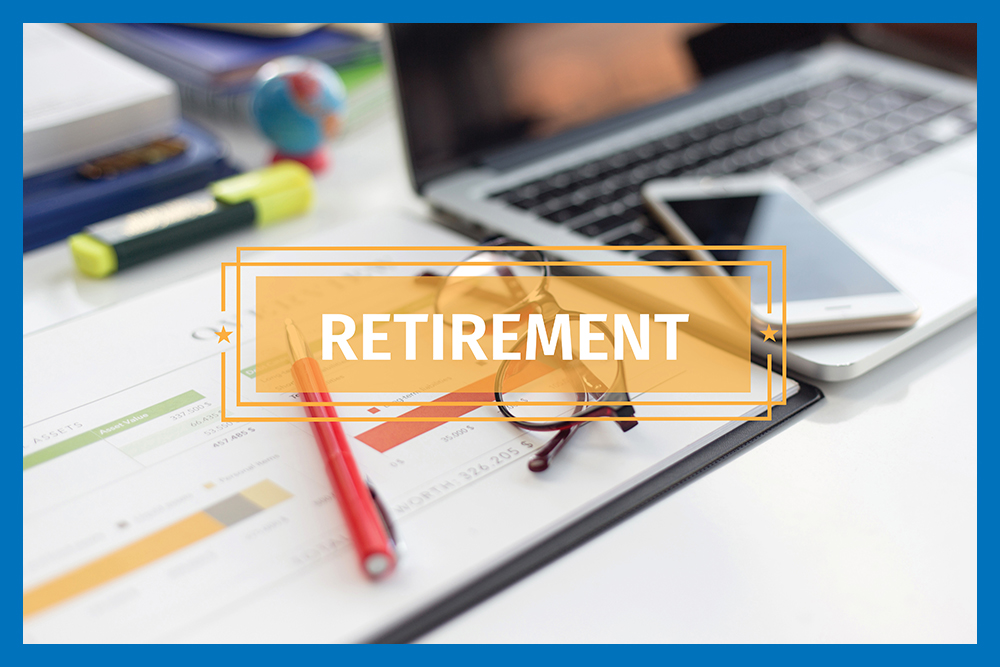
Retirement readiness typically refers to being financially prepared for retirement, or the degree to which an individual is on target to meet his or her retirement-income goals so that the standard of living enjoyed while working will be maintained after retirement.
Financial readiness is only one part of being ready for retirement. Knowing where you will live, when you will retire, and whether you will go back to work or school are all important aspects of financial readiness. The following 7 areas, according to ASPPA, highlights concerns about Americans’ retirement readiness:

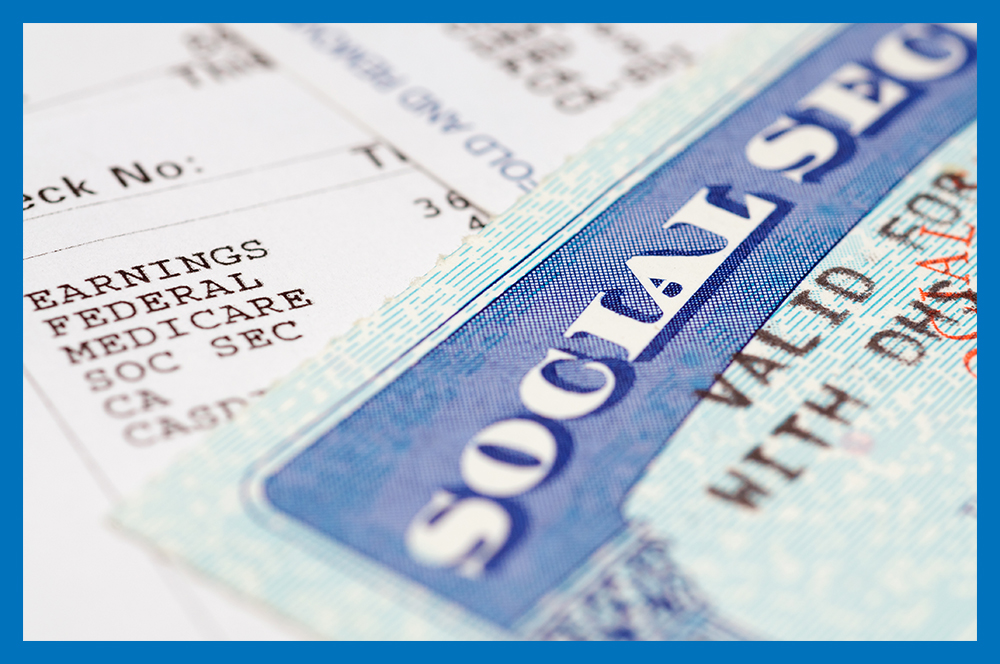
Less than half of workers — 44% — believe that income from Social Security, pensions and annuities will cover their basic living expenses while they are retired, LIMRA’s Secure Retirement Institute (SRI) found. SRI also points out that there are predictions that the Social Security Trust Fund could run dry in 15 years.


Noting that pre- and current retirees have big debt concerns, Marlene Satter of BenefitsPRO cites data from Experian showing that members of Generation X have an average student loan debt balance of $39,584, and Baby Boomers have one of $34,703. And for good measure, those balances rose by 7% in the first quarter of 2019. And SRI found that 30% of retirees have mortgages, almost double the percentage from 30 years ago.
The big picture is sobering, too. BenefitsPRO reports that consumer debt exceeds $14 trillion, and that Experian says Baby Boomers have an average consumer debt of just over $95,000. And, SRI says, one-third of Americans have debt in collections.

Health care expenses during retirement loom large, SRI suggests, pointing out that approximately 80% of older adults have one or more chronic diseases, and 68% have two or more.

The “monster hiding under the bed” is how Satter describes financial illiteracy, saying that “one thing that gets people into trouble with money is a complete lack of understanding about how it works and where the pitfalls are.” And SRI found that just 13% of Americans say they are “very knowledgeable about financial products and investments.”

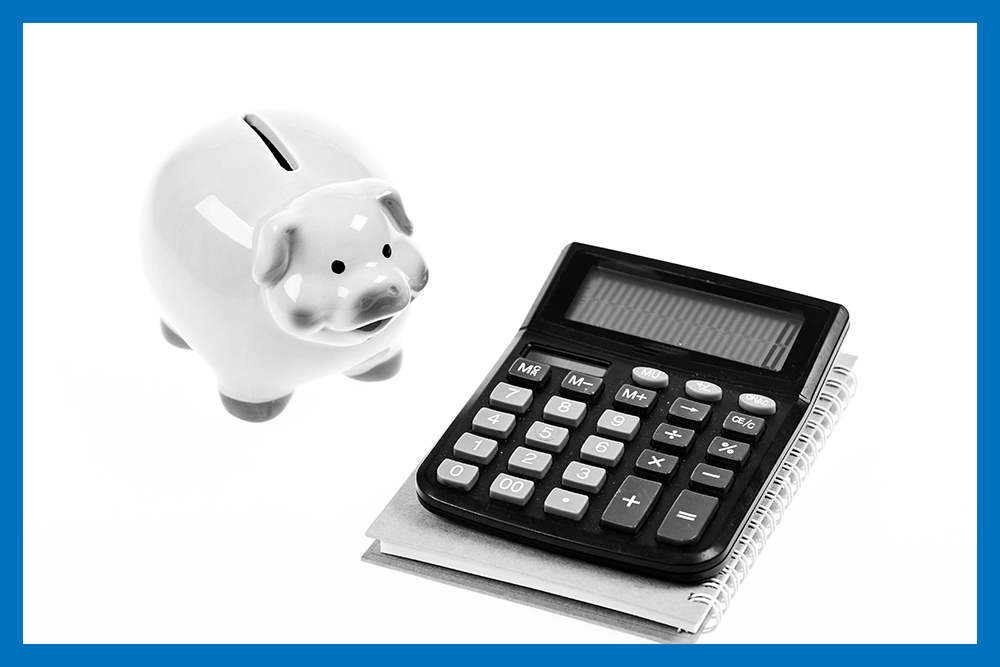
Just over 20% of Americans save nothing, according to Bankrate statistics Satter cited. Furthermore, another 20% save less than 5% of their income. Forty-five percent of employed Baby Boomers have saved less than $100,000 for retirement, and 28% have less than $25,000 saved for that purpose, SRI says. And SRI indicates that people know saving is a problem, reporting that it found that 53% of Americans believe that they will outlive their savings and investments if they reach age 90. Further, they found that 44% of workers who are not saving for retirement say they will not be able to afford to retire.

Real wages fell 1.3% from 2017 to 2018, according to PayScale, noted Satter. And SRI found that one in seven Americans older than age 65 live in poverty.

SRI found that 70% of pre-retirees consider themselves poorly prepared for retirement. And Satter says that the retirement “plan” for 80% of Americans is simply to continue working.

Are you ready to check your retirement readiness? CKS Summit Group made this 9-point checklist to help near-retirees determine if they’re really ready.

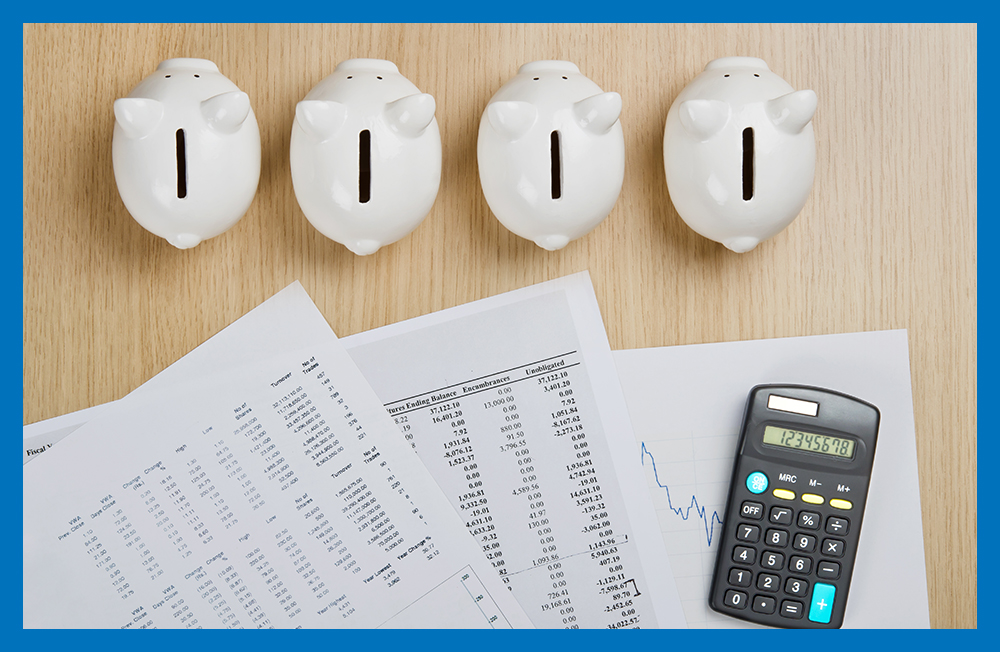
The first step in your planning process is to evaluate your current expenses. Then, you will need to determine how you will structure a reliable income stream in a tax-efficient manner to support your budget. To calculate your retirement budget, it’s best to first calculate your expected average costs per month. As you estimate what your spending in retirement might be, it can be easy to underestimate your expenses. To help avoid being caught short unexpectedly, start now by making a list of your anticipated costs.
If you are uncertain about any of these items, or if you have not completed a detailed retirement income plan, it is time to contact a comprehensive financial planner.


Before funneling cash into investments, you need to make sure you have an emergency fund in place. Cash reserves have never been more essential to protecting your finances. Your emergency fund should aim to cover three to six months of expenses—perhaps as much as a year if your job isn’t secure. That money should be kept in a safe, easily accessible account, which will spare you from having to tap retirement funds or run up your credit card balance for unexpected bills.
By setting money aside each month it’s less likely these curveballs will increase your debt. If you have high-interest debt, you may consider a slightly lower number — at least until your most expensive debt is gone.

Credit card debt is the number one reason why people put off investing. This type of debt comes with high interest rates and a small minimum balance that needs to be paid every month, keeping you on a paycheck-to-paycheck lifestyle and unable to save.
In almost every case, paying off the credit card is a better decision than investing and accepting a lower rate of return than feeding the insatiable interest rate on the card.
The same goes for past-due debts; whilst high interest debt can be expensive, but past-due balances can affect your credit and financial well-being for years. If you’re delinquent on any of your debts or you have accounts in collection, work on paying those off before you take any other steps to invest or pay off other debts. Collection accounts can hurt your credit as long as they remain on your credit report. The faster you can get current, the better.


How much of those income needs will be supplied by sources other than your portfolio–for example, Social Security and/or pension income? The next step in the process is to quantify how much income you’ll receive from those sources and to consider how your decisions can enlarge or shrink those benefits. Delaying Social Security, for example, will enlarge your eventual benefit and is often a good option for people who anticipate longer-than-average life expectancies. On the other hand, opting for the pension payout that doesn’t just cover you for your lifetime but also provides a benefit for your spouse if you predecease him/her will reduce the payout that you receive.

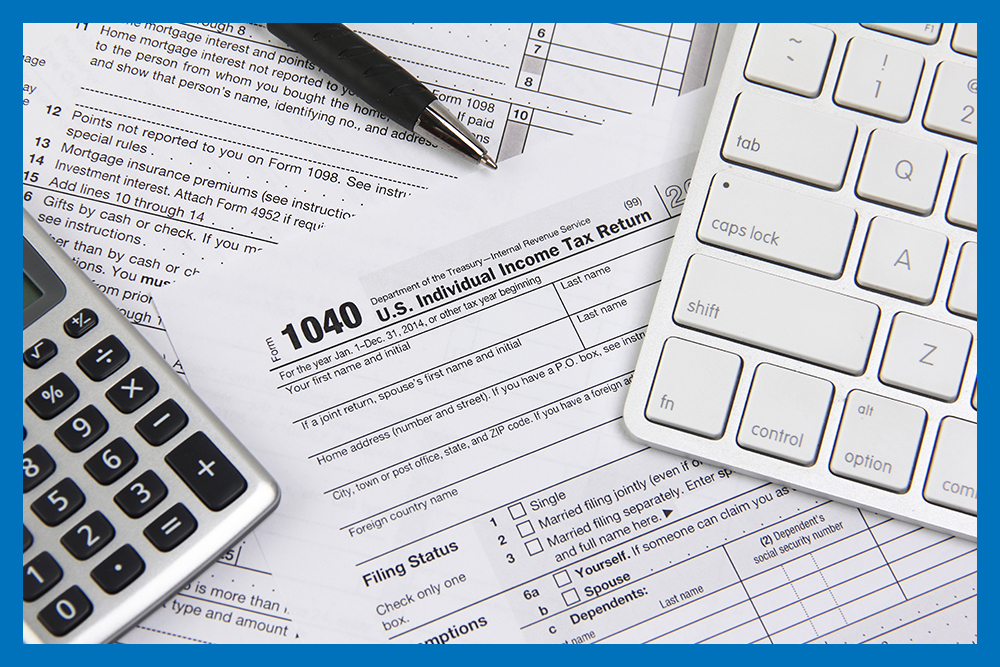
If you receive money from a tax-deferred savings plan such as a 401(k), you will need to pay taxes on the amounts you receive when you make withdrawals. You may also have to pay taxes on your Social Security benefits. Learn how your Social Security benefits may be taxed, which is based on income and marital status. Visit the Social Security website (www.ssa.gov) and search for “Benefits Planner: Income Taxes And Your Social Security.” Go one step further and read our recent blog on ‘5 Taxes in Retirement You Need to Know About‘.


Everything changes in retirement; from your hobbies to your daily routine, and even your insurance coverage options. They include:
- Health insurance: Premiums can chew up a considerable chunk of post-retirement income. Most seniors age 65 and older are eligible for Medicare but if you retire before you’re 65 and lose your job-based health plan when you do, you can use the Health Insurance Marketplace to buy a plan.
- Car insurance: Rates increase in your senior citizens years. The cheapest auto insurance for seniors depends on the driver, vehicle and location. There are plenty of discounts available to older drivers, and you should pursue all that apply to you.
- Home insurance: As you approach retirement, home insurance may not be something you often think about, but not having enough coverage could have devastating consequences. Whether you’re a homeowner, condo owner, or renter, home insurance is an essential way to protect you and your belongings from fire, theft, or other damage.
- Life insurance: Although the main purpose of life insurance is to replace lost income, retirees may want to keep their coverage, especially to protect family members from the loss of income if you or another primary wage earner were to pass away.

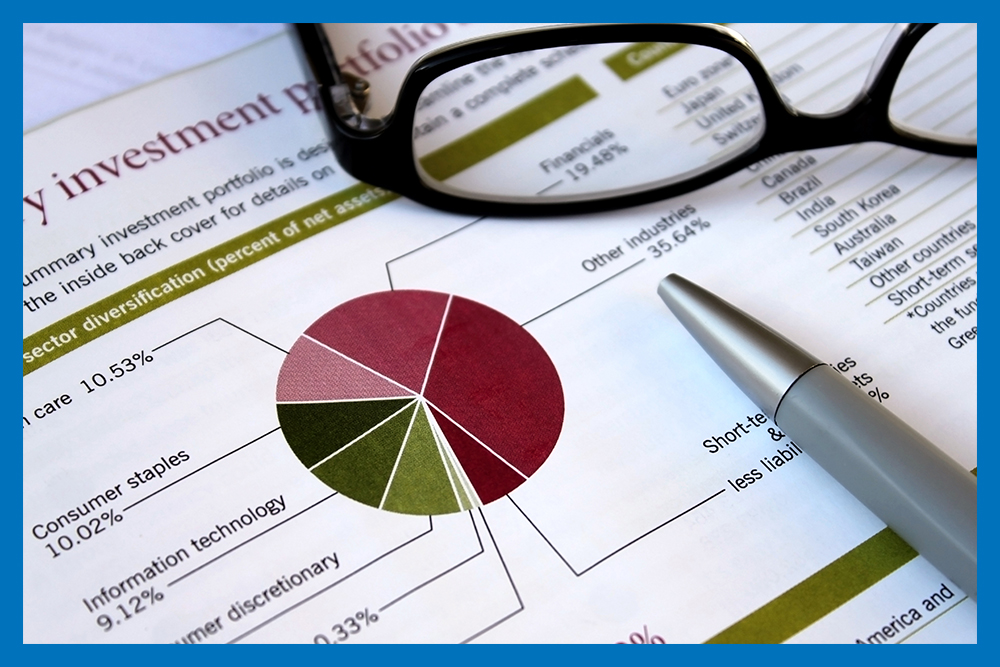
Once you have determined the above 6 categories, you need to make sure the plan is sustainable long-term for your retirement needs.
Building a long-term portfolio entails combining different investments to work toward your financial goals. You certainly want to get the highest return, but how much risk are you willing to take, and how much risk can you take to achieve those goals? Asset allocation does not assure a profit or protect against a loss. Therefore, you should consider factors such as your risk tolerance, risk aversion, and available and future resources, as well as inflation and taxes to create just the right mix of investments. You also need to know what types of investments meet your long-term needs to live the retirement of your dreams.

You want to have a plan that can adapt to life’s inevitable curveballs. Even the luckiest of people with the most scrupulous retirement plan can’t predict the many twists, turns and pitfalls you can run into on the road to retirement. Including:
- Major market setbacks that can put a major dent in your account balances.
- Periods of unemployment that may derail your savings process.
- Health issues that might force you to dip into your savings.
This is why you’ll want to periodically re-assess whether you’re making progress toward a secure retirement and, if necessary, make adjustments to your plan along the way.


If you need help with investing and other financial planning, a financial planner may be the way to go. There are many potential benefits to hiring a retirement income advisor. They often have a broader, deeper knowledge of money management than you do. This is especially true when it comes to complicated money matters like investments and taxes.
A reputable retirement income advisor can help you figure out your savings strategies, retirement options and overall retirement plan. A professional opinion can be especially helpful toward the beginning of the retirement planning process, when you’re trying to set goals.

Are you retirement ready? Compare this list with your current plan, and consider how each item will impact your personal and financial well being. If you are ever in doubt, call the retirement income experts at CKS Summit Group.
Our focus is to bring you fresh new ideas for your retirement income. Our cutting edge tactical portfolios help our clients achieve safe, healthy growth of their savings and preservation of their principal balance.
We design plans which are specifically structured to limit downside stock market risk. This allows us to protect our client’s assets while providing them with strategies for achieving effective tax reduction and inflation protection.
Come experience the new evolution of Retirement Income Planning. Contact us here today to set up your complimentary strategy session.

